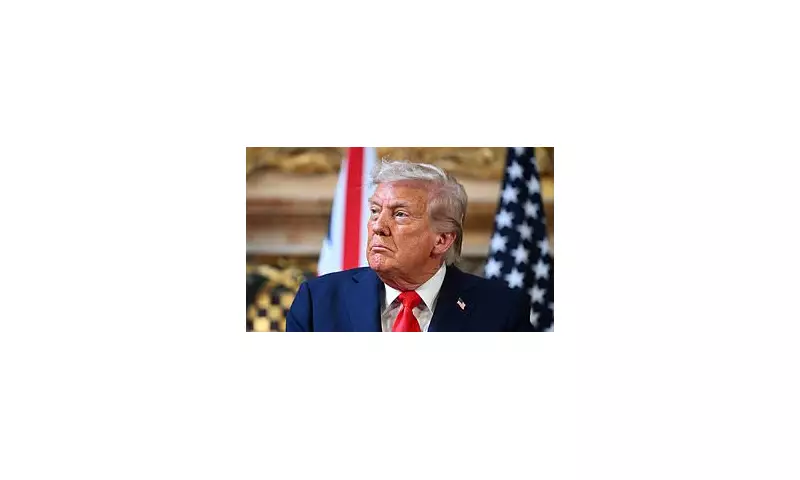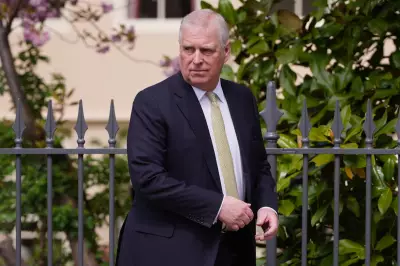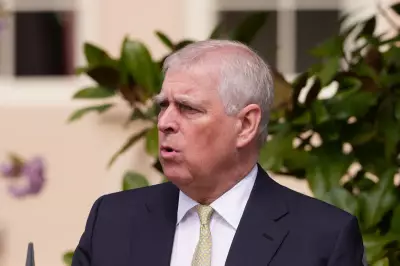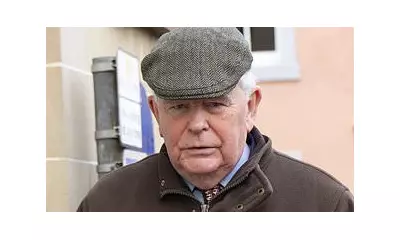
A New York judge has delivered a stinging blow to Donald Trump, throwing out his $100 million lawsuit against The New York Times and three of its investigative journalists. The legal action was centred on the paper's Pulitzer Prize-winning 2018 investigation into the former President's complex tax affairs.
A Landmark Victory for Press Freedom
Justice Robert R. Reed of the New York State Supreme Court ruled decisively that the Times's reporting was protected under the First Amendment's guarantees of a free press. The judge stated that the journalists were engaged in classic and protected journalistic activity by seeking out and publishing newsworthy information, even if their sources allegedly breached confidentiality agreements.
The ruling reinforces a fundamental principle: news organisations cannot be held liable for publishing truthful information on matters of significant public interest, a cornerstone of democratic accountability.
The Core of Trump's Claim
Mr. Trump had alleged that his niece, Mary L. Trump, and the Times reporters—Susanne Craig, David Barstow, and Russell Buettner—engaged in a "insidious plot" to obtain his confidential tax records. He claimed they convinced Mary Trump to secretly smuggle the documents out of her lawyer's office in violation of a prior settlement agreement.
The lawsuit sought astronomical damages, alleging the reporting caused him "tens of millions of dollars in damages" and harmed his business relationships.
The Judge's Decisive Reasoning
In his 12-page ruling, Justice Reed systematically dismantled the former President's arguments. He found that the claims against the journalists were barred by both New York's anti-SLAPP statute—a law designed to protect against strategic lawsuits against public participation—and the Constitution.
The judge wrote that the actions described in the lawsuit, even if true, "fall squarely within the protected role of journalism". The court's dismissal with prejudice means the lawsuit cannot be refiled on the same grounds.
Reactions and Implications
A spokesperson for The New York Times hailed the decision as "a triumph for the freedom of the press and for the public's right to know". The ruling sends a powerful message that robust investigative journalism, even when it targets the most powerful figures, is shielded from legal retribution.
This case marks another significant legal setback for Mr. Trump, who has repeatedly sought to use the courts to challenge critical reporting. The decision underscores the judiciary's role in upholding constitutional protections for news gathering and dissemination.





